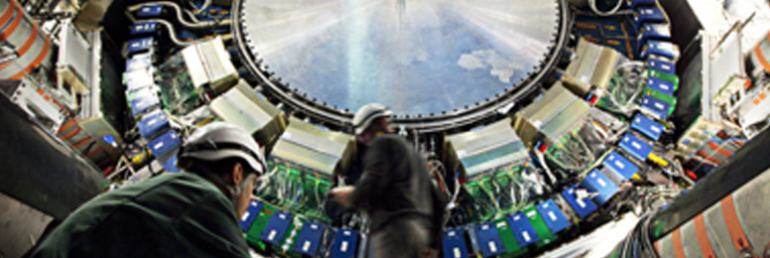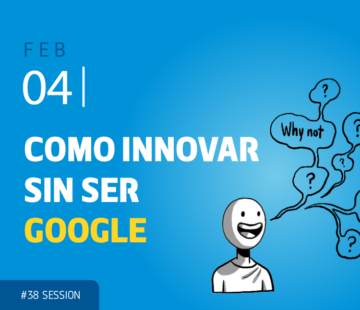Co-session 35: Enjoy Quantum Business!

The Institute of Next, in collaboration with the Barcelona Contemporary Culture Centre (CCCB), invited restless professionals from different fields to reflect on how quantum will impact on their business models.
Now, we are entering a second quantum revolution,based on leveraging spooky natural effects, such as the superposition of states and the entanglement between particles. Among the disruptions and breakthroughs that we can expect for the next decade, we can remark quantum computers, complex simulation machines, more secure communications and a new generation of sophisticated sensors.
The promise of quantum computers goes along the need for machines able to perform more complex calculations and even calculations that are unmanageable with a classic computer. The complexity of these problems scales up quite rapidly (many times in an exponential way), such as with traffic optimization in cities, the simulation of complex chemical molecules or reactions, the optimization of financial trading strategies, or the prediction of financial crises.
These are the sort of problems that not only require a new computing brawn but also a new algorithmic approach to problems (quantum-ready algorithms).
The understanding of quantum physics that started in the first years of the 20th century has transformed the world. Much of the GNP of developed nations can be directly or indirectly linked to quantum effects (laser, GPS, semiconductors, etc.).
